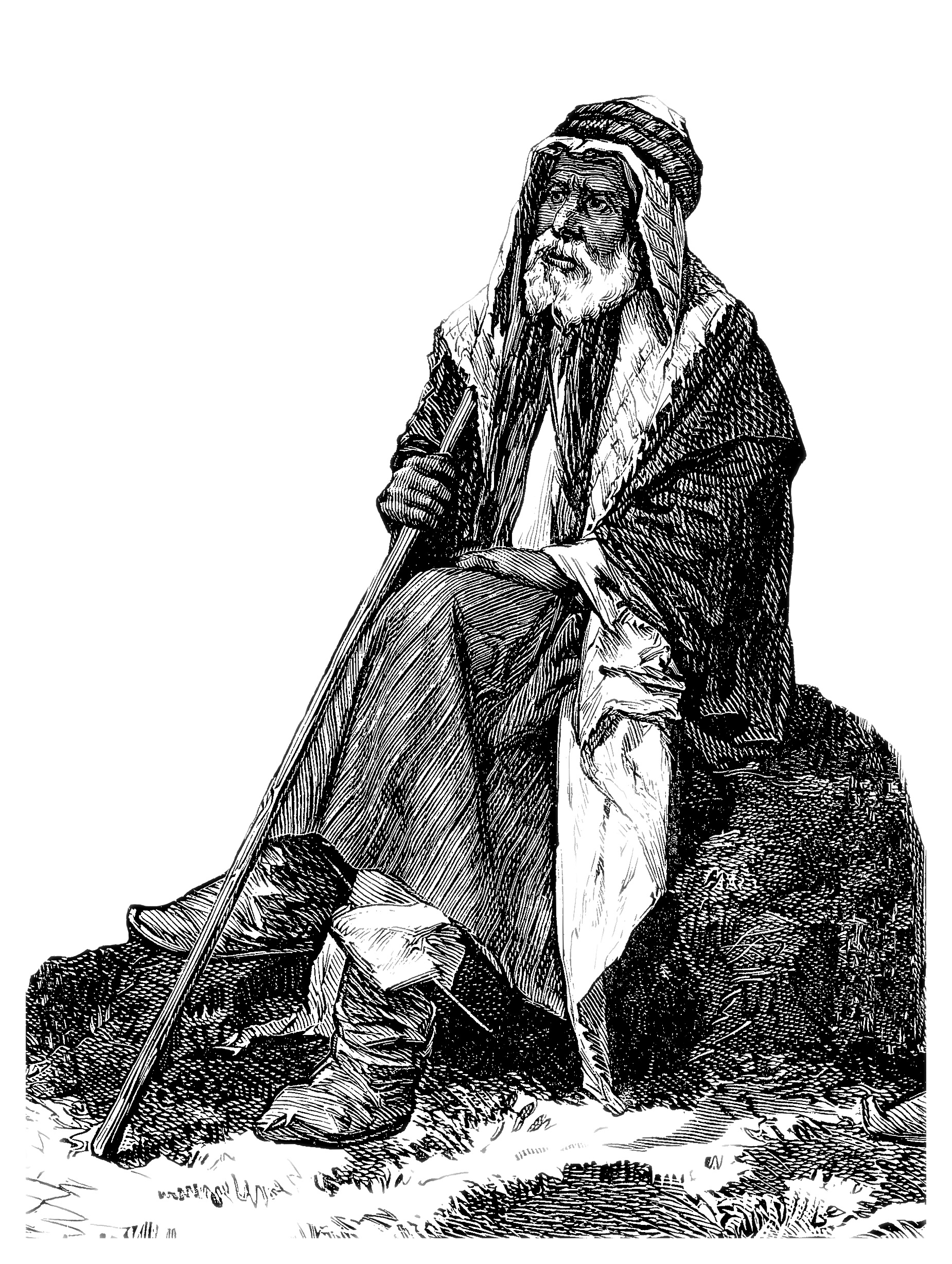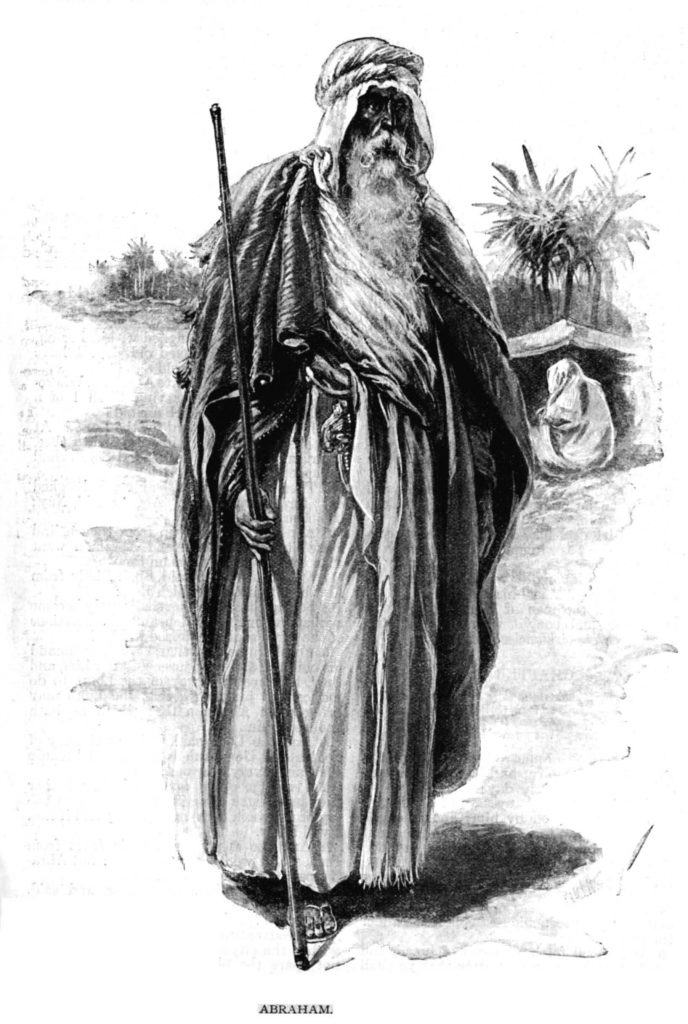YHVH Appears to Abraham and Sarah and Promises Them a Son
1 And YHVH appeared [ra’ah, which is the common Hebrew word meaning “see, look, behold, show, appear, observe, have vision, present oneself, be seen”] unto [Abraham] in the plains of Mamre: and he sat in the tent door in the heat of the day. 8 And [Abraham] took butter, and milk, and the calf which he had dressed, and set it before them; and he stood by them under the tree, and they [i.e. YHVH and the two other malakim/heavenly messengers] did eat. 13 And YHVH said unto Abraham, Wherefore did Sarah laugh, saying, Shall I of a surety bear a child, which am old? 14 Is any thing too hard for YHVH? At the time appointed I will return unto thee, according to the time of life, and Sarah shall have a son. 15 Then Sarah denied, saying, I laughed not; for she was afraid. And he said, Nay; but thou didst laugh. 33 And YHVH went his way, as soon as he had left communing [rcs, the common Hebrew word meaning speak, say, talk, promise, tell, pronounce, utter, command] with Abraham: and Abraham returned unto his place.
In this passage of Scripture, we find YHVH appearing in visible form to Abraham (verse 1), most likely eating a meal with Abraham (verse 8), conversing with Abraham and Sarah (verse 13–14), and having an ongoing discussion with Abraham over the fate of Sodom and Gomorrah (verse 16ff), and finally leaving Abraham after this lengthy time of communing or conversing with Abraham (verse 33).
The literal or peshat meaning of this scripture passage should be very clear. There are no hidden meanings, no metaphors or symbolisms. There is no allegorical language. It is simple historical narrative of the events that occurred. The writer presents it in a literal, matter-of-fact manner. Nothing could be more straight forward. YHVH appears to Abraham in some “diminished,” less potent form that humans can physically endure, he interacts at length with them through the partaking of a meal and conversation. But to Continue reading





